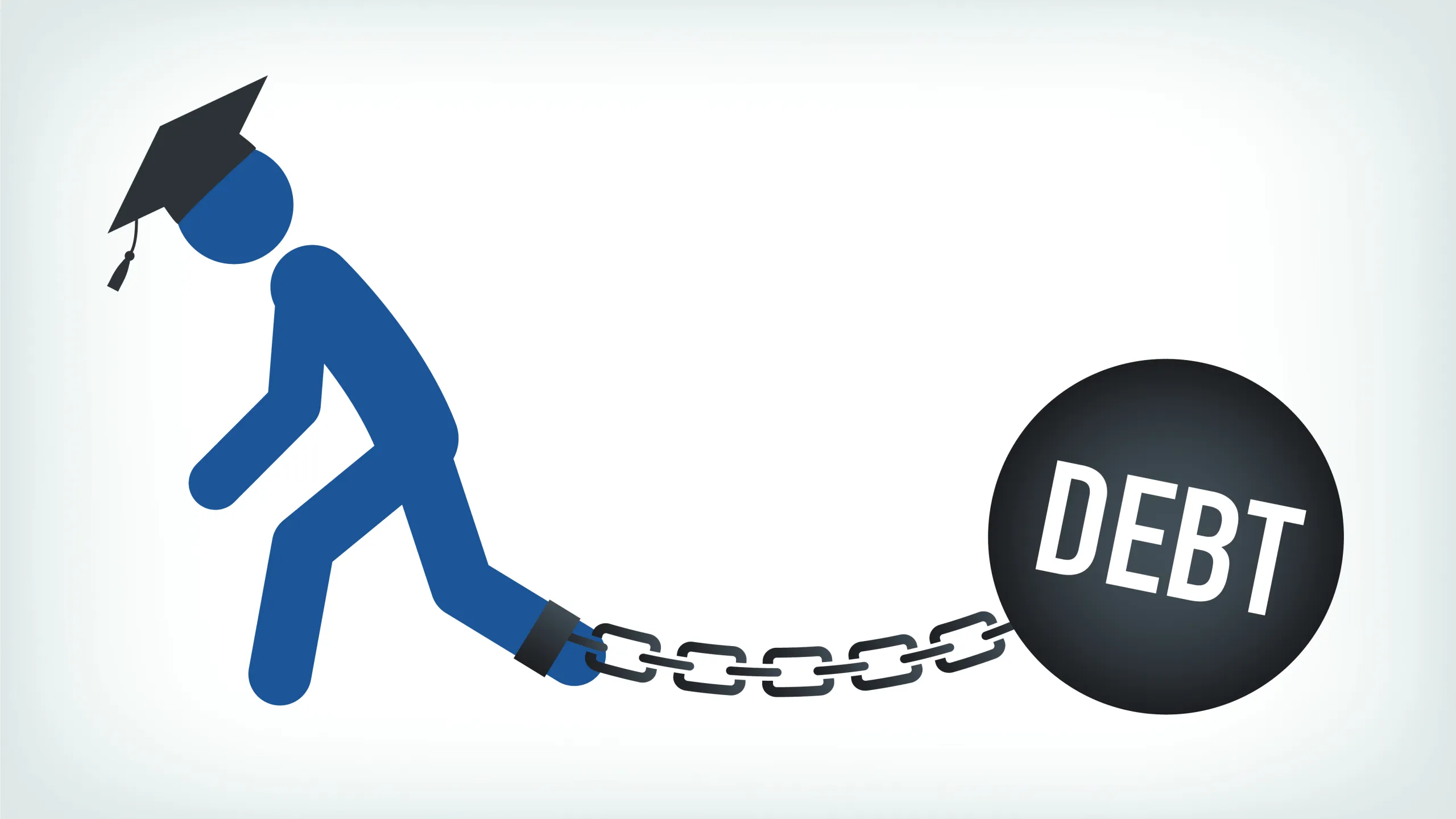Student Loans Forgivenes: What are the most common scams and how to avoid them?
The burden of student loan debt can be overwhelming, prompting many borrowers to seek relief through student loan forgiveness programs. While legitimate programs do exist, the student loan landscape has also become fertile ground for scams and fraudulent schemes. In this article, we will explore the most common scams targeting borrowers seeking loan forgiveness and provide you with essential tips on how to protect yourself from falling victim to these predatory practices.
The Promise of Immediate Forgiveness
One of the most prevalent scams in the student loan forgiveness arena is the promise of immediate loan forgiveness. Scammers often advertise that they can wipe out your student loans overnight, without any strings attached. These offers are typically too good to be true and should be met with extreme caution.
How to Avoid
- Remember that genuine loan forgiveness programs usually require a specific set of criteria to be met, such as working in public service or making a certain number of qualifying payments.
- Verify the legitimacy of any program by checking the official government websites like studentaid.gov or contacting your loan servicer directly.
- Upfront Fees
Another red flag to watch out for is any scheme that asks for upfront fees. Scammers may request an initial payment to “process” your loan forgiveness application or claim that these fees are necessary for their services. Legitimate loan forgiveness programs do not charge upfront fees.
How to Avoid:
- Be skeptical of any organization or individual asking for money before they have provided a legitimate service.
- Do thorough research on the company or individual offering the service, and check for reviews and complaints online.
- Phishing Scams
Phishing scams involve fraudulent emails, messages, or websites that appear to be from reputable sources, such as the Department of Education or your loan servicer. These scams aim to steal your personal and financial information, including your Social Security number, to commit identity theft.
How to Avoid:
- Never click on suspicious links or download attachments from unknown sources.
- Verify the authenticity of any communication by contacting the official organization directly using the contact information from their official website.
- “Obama Student Loan Forgiveness” and Other Misleading Names
Scammers often use catchy and misleading names for their fraudulent loan forgiveness programs, such as “Obama Student Loan Forgiveness” or “Federal Student Loan Relief Act.” These names are designed to give the impression that they are affiliated with the government when they are not.
How to Avoid:
- Be cautious of programs with names that sound too good to be true.
- Research official government programs and their names to ensure you are dealing with a legitimate option.
- Pressure Tactics
Some scammers use high-pressure sales tactics to push borrowers into making quick decisions. They may claim that loan forgiveness opportunities are limited or that you need to act immediately. This sense of urgency is a classic warning sign of a scam.
How to Avoid:
- Take your time to research and make informed decisions about your student loans.
- Be wary of anyone who tries to rush you into signing up for a program or making payments.
- Fake Student Loan Assistance Companies
Beware of companies that claim to be experts in student loan assistance and charge hefty fees for their services. These companies often promise to navigate the complex loan forgiveness process for you but may not deliver on their promises.
How to Avoid:
- Research any company thoroughly before engaging their services.
- Check for reviews and ratings from other borrowers who have used their services.
- Consider free, reputable resources like certified nonprofit credit counseling agencies and the official student aid website for assistance.
- Identity Theft Scams
Some scams involve identity theft, where scammers use your personal information to apply for loans or credit cards in your name. This can severely damage your credit and financial future.
How to Avoid:
- Guard your personal information carefully and do not share it with unknown individuals or organizations.
- Regularly monitor your credit reports for any suspicious activity and report any discrepancies immediately.
Conclusion
Navigating the student loan forgiveness landscape can be challenging, but it’s essential to stay vigilant and informed to protect yourself from scams. Always remember that legitimate loan forgiveness programs have specific eligibility criteria and do not charge upfront fees. Be cautious of unsolicited offers, phishing attempts, and high-pressure tactics. When in doubt, verify the legitimacy of any program or company through official channels and seek guidance from reputable sources. By staying informed and cautious, you can safeguard yourself from falling victim to student loan forgiveness scams and work toward financial freedom through legitimate means. Click here to read more amazing article

